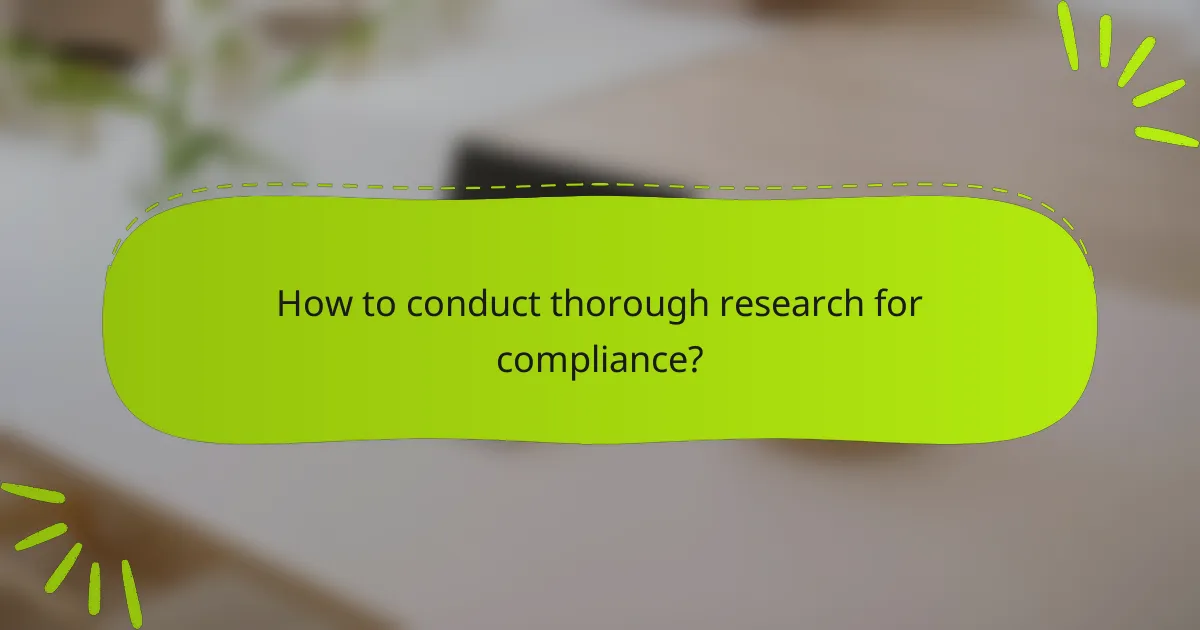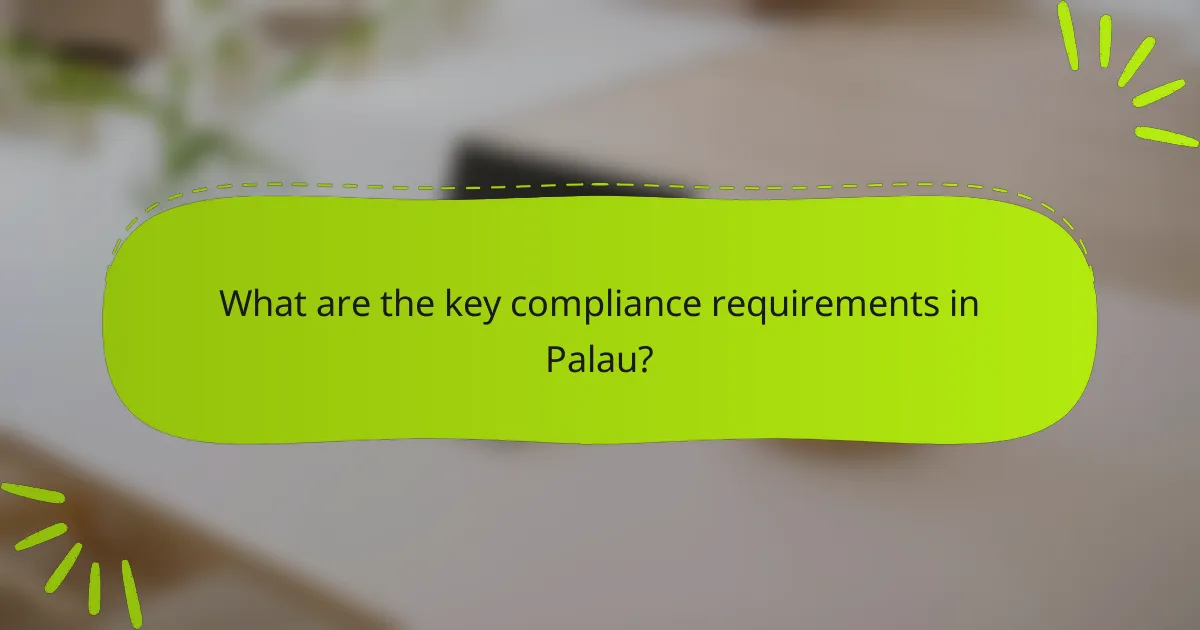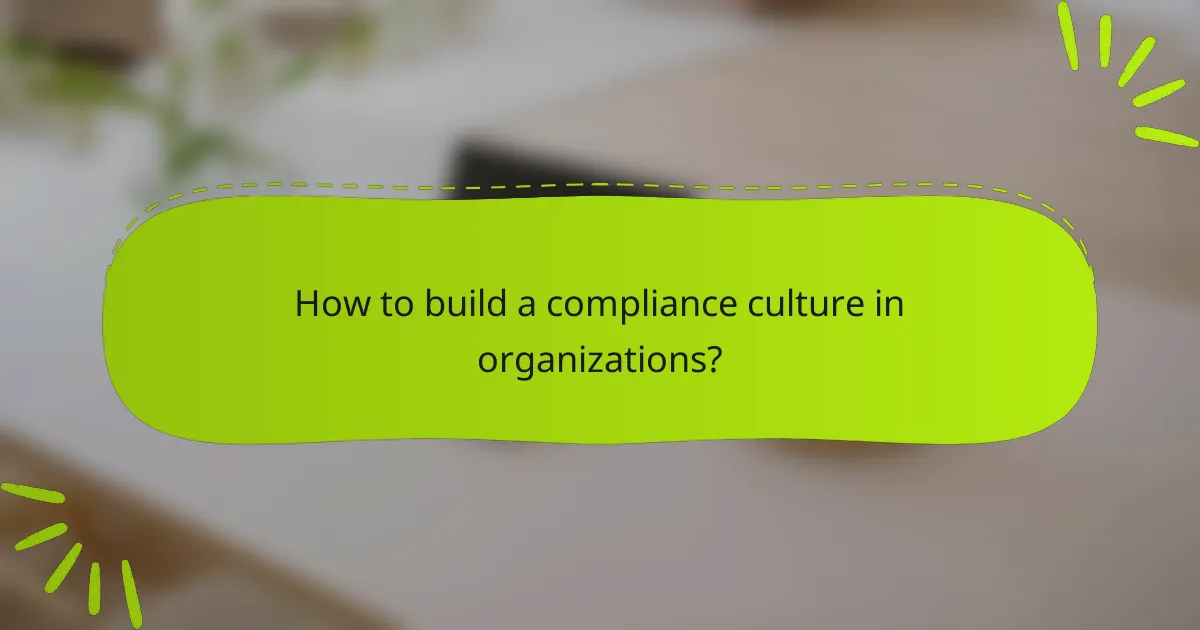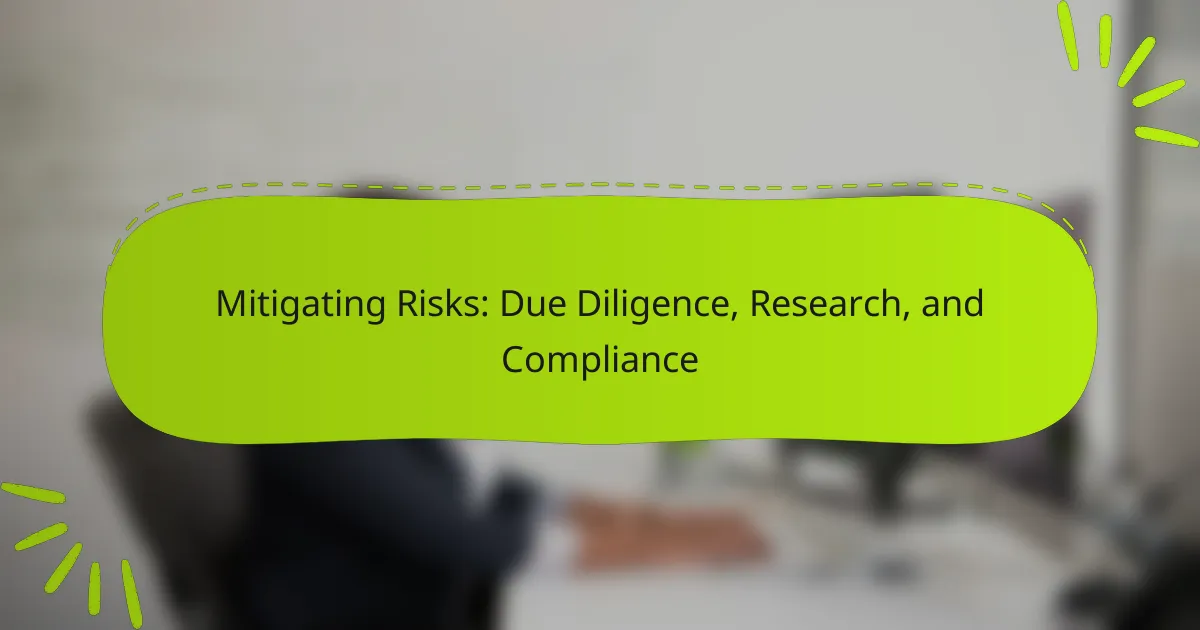Mitigating risks in business transactions requires a robust approach to due diligence, research, and compliance. In Palau, effective strategies involve comprehensive background checks, financial audits, and legal assessments to identify potential risks and ensure informed decision-making. Adhering to relevant laws, particularly in environmental regulations and tax obligations, is crucial for businesses to operate legally and avoid penalties.

What are effective due diligence strategies in Palau?
Effective due diligence strategies in Palau involve thorough research and assessment of potential risks associated with business transactions or partnerships. Key approaches include conducting comprehensive background checks, financial audits, and legal compliance assessments to ensure informed decision-making.
Comprehensive background checks
Comprehensive background checks are essential for verifying the identity and credibility of individuals or organizations involved in a transaction. This process typically includes checking criminal records, employment history, and credit reports to assess potential risks.
In Palau, it is advisable to utilize local resources and databases, as well as international databases, to gather accurate information. Engaging local professionals can help navigate cultural nuances and ensure thoroughness in the checks.
Financial audits
Financial audits provide a detailed examination of an entity’s financial statements and practices, identifying any discrepancies or areas of concern. These audits can reveal the financial health of a business, helping to mitigate risks associated with financial mismanagement.
In Palau, businesses should consider hiring certified auditors familiar with local regulations and accounting standards. Regular audits can help maintain transparency and build trust with stakeholders.
Legal compliance assessments
Legal compliance assessments evaluate whether a business adheres to local laws and regulations, including tax obligations, labor laws, and environmental regulations. This process is crucial for avoiding legal penalties and ensuring operational legitimacy.
In Palau, it is important to stay updated on any changes in legislation that may affect compliance requirements. Consulting with legal experts who specialize in Palauan law can provide valuable insights and help businesses align their practices with local regulations.

How to conduct thorough research for compliance?
Conducting thorough research for compliance involves systematically gathering and analyzing information to ensure adherence to relevant laws and regulations. This process is essential for identifying potential risks and implementing effective mitigation strategies.
Utilizing local regulatory databases
Local regulatory databases are vital resources for compliance research. They provide access to updated information on laws, regulations, and industry standards specific to a region, which can vary significantly across jurisdictions.
When utilizing these databases, focus on key areas such as licensing requirements, reporting obligations, and any recent changes in legislation. For example, in the European Union, the General Data Protection Regulation (GDPR) outlines specific compliance requirements that businesses must follow.
Regularly checking these databases can help you stay informed about compliance obligations and avoid potential penalties. Consider setting up alerts for updates relevant to your industry.
Engaging with industry experts
Engaging with industry experts is a crucial step in conducting thorough compliance research. Experts can provide insights that are not readily available in public databases, including practical implications of regulations and best practices.
Networking through industry associations, attending conferences, or participating in webinars can connect you with knowledgeable professionals. For instance, consulting with legal advisors who specialize in compliance can help clarify complex regulations and their applications.
When working with experts, prepare specific questions and topics to maximize the value of the engagement. Document their insights and recommendations to inform your compliance strategies effectively.

What are the key compliance requirements in Palau?
In Palau, key compliance requirements include adherence to environmental regulations and tax obligations. Businesses must navigate these areas to ensure legal operation and avoid penalties.
Environmental regulations
Palau’s environmental regulations focus on protecting its unique ecosystems and biodiversity. Companies must comply with laws that govern waste management, pollution control, and resource conservation.
For instance, businesses are required to conduct environmental impact assessments (EIAs) for projects that may affect the environment. This process helps identify potential risks and mitigates negative effects on local habitats.
Tax compliance obligations
Tax compliance in Palau involves understanding various local taxes, including income tax, business gross receipts tax, and property tax. Companies must register with the Bureau of Revenue and Taxation to ensure they meet all obligations.
Filing deadlines and payment schedules are crucial; businesses should keep accurate records and seek professional advice to avoid common pitfalls, such as late payments or incorrect filings. Regular audits may also occur, so maintaining transparency in financial practices is essential.

How to mitigate risks in business transactions?
Mitigating risks in business transactions involves thorough due diligence, careful research, and strict compliance with regulations. By implementing structured approaches, businesses can identify potential issues early and take proactive measures to minimize their impact.
Implementing risk assessment frameworks
Risk assessment frameworks provide a systematic approach to identifying and evaluating potential risks in business transactions. Common frameworks include ISO 31000 and COSO, which help organizations analyze risks based on likelihood and impact.
To effectively implement a risk assessment framework, start by defining the scope of the assessment, identifying key stakeholders, and gathering relevant data. Regularly review and update the framework to adapt to changing business environments and emerging risks.
Common pitfalls include neglecting to involve all relevant parties and failing to document findings. Ensure that all assessments are transparent and communicated to stakeholders to foster a culture of risk awareness.
Establishing clear contractual terms
Clear contractual terms are essential for mitigating risks in business transactions. Contracts should explicitly outline the rights and responsibilities of all parties, including payment terms, deliverables, and dispute resolution processes.
When drafting contracts, consider including clauses that address potential risks, such as force majeure, indemnification, and confidentiality. This proactive approach can help prevent misunderstandings and provide a clear path for resolution if issues arise.
Regularly review contracts to ensure they remain relevant and compliant with current laws and regulations. Involving legal experts during the drafting process can help identify potential risks and ensure that terms are enforceable in your jurisdiction.

What tools can assist in due diligence?
Various tools can enhance due diligence processes, including legal research platforms and specialized software. These tools streamline information gathering, ensuring compliance and reducing risks associated with business transactions.
LexisNexis for legal research
LexisNexis is a comprehensive legal research tool that provides access to a vast database of legal documents, case law, and regulatory information. It allows users to conduct thorough background checks and verify the legal standing of entities involved in a transaction.
When using LexisNexis, focus on its search capabilities to filter results by jurisdiction, date, or document type. This specificity can save time and enhance the quality of your research. Be aware of subscription costs, which can vary significantly based on the level of access required.
Due diligence software solutions
Due diligence software solutions offer automated tools for risk assessment, compliance checks, and data management. These platforms can help businesses identify potential red flags in third-party relationships and streamline the due diligence workflow.
Consider solutions like Diligent or RiskScreen, which provide features such as real-time monitoring and customizable reporting. Evaluate your organization’s specific needs, such as integration with existing systems and user-friendliness, to choose the right software. Always ensure that the chosen solution complies with local regulations and standards relevant to your industry.

What are the common pitfalls in due diligence?
Common pitfalls in due diligence include failing to thoroughly investigate legal requirements and missing critical financial indicators. These oversights can lead to significant risks, including legal penalties and financial losses.
Neglecting local laws
Neglecting local laws can result in severe consequences, including fines and operational shutdowns. Each jurisdiction has specific regulations that must be adhered to, such as labor laws, environmental regulations, and tax obligations.
To avoid this pitfall, conduct comprehensive research on the legal landscape of the area in which you are operating. Utilize local legal experts or compliance consultants to ensure all regulations are met, particularly if entering a new market.
Overlooking financial red flags
Overlooking financial red flags can lead to disastrous investments. Key indicators to watch for include inconsistent revenue streams, high levels of debt, and unusual accounting practices.
Implement a thorough financial analysis process that includes reviewing balance sheets, income statements, and cash flow statements. Look for trends over multiple periods and compare them against industry benchmarks to identify potential issues early.

How to build a compliance culture in organizations?
Building a compliance culture in organizations involves fostering an environment where adherence to laws, regulations, and internal policies is prioritized. This requires commitment from leadership, effective communication, and continuous education for all employees.
Training programs for employees
Implementing training programs for employees is essential for instilling a compliance culture. These programs should cover relevant regulations, company policies, and ethical standards, ensuring that all staff understand their responsibilities. Regularly scheduled training sessions, ideally at least once a year, help reinforce compliance principles.
Consider using a mix of training methods, such as online courses, workshops, and interactive scenarios. This variety can cater to different learning styles and keep employees engaged. Additionally, providing real-life examples of compliance failures can highlight the importance of adherence.
Regular compliance audits
Conducting regular compliance audits is a critical step in maintaining a compliance culture. These audits assess the effectiveness of existing policies and identify areas for improvement. Aim to perform audits at least annually, but consider more frequent checks for high-risk areas.
During audits, evaluate both documentation and practices. Use checklists to ensure all relevant aspects are covered, such as employee training records, policy adherence, and incident reports. After the audit, share findings with the team and develop action plans to address any identified gaps, fostering a proactive approach to compliance.

What emerging trends are shaping due diligence practices?
Emerging trends in due diligence practices are increasingly driven by technological advancements and regulatory changes. Organizations are adopting innovative tools and methodologies to enhance their risk assessment processes and ensure compliance.
Increased use of AI in risk assessment
The integration of artificial intelligence (AI) in risk assessment is transforming due diligence practices. AI tools can analyze vast amounts of data quickly, identifying patterns and anomalies that may indicate potential risks.
Companies are leveraging AI to automate routine tasks, such as data collection and preliminary analysis, which allows human analysts to focus on more complex evaluations. This shift can lead to faster decision-making and improved accuracy in identifying risks.
However, organizations should be cautious about over-reliance on AI. It’s crucial to maintain human oversight to interpret results effectively and avoid potential biases inherent in AI algorithms. Regular audits and updates of AI systems can help mitigate these risks.
